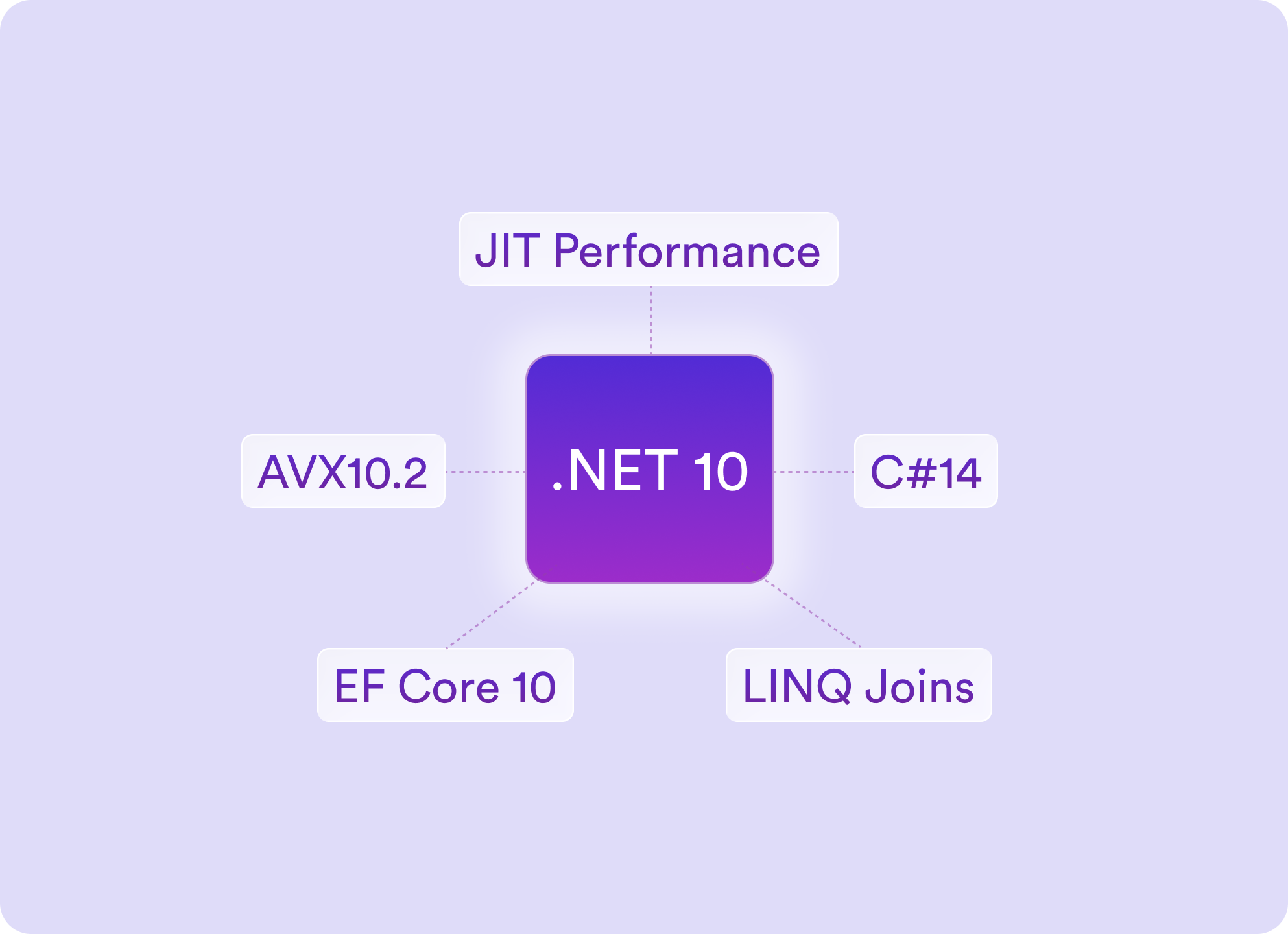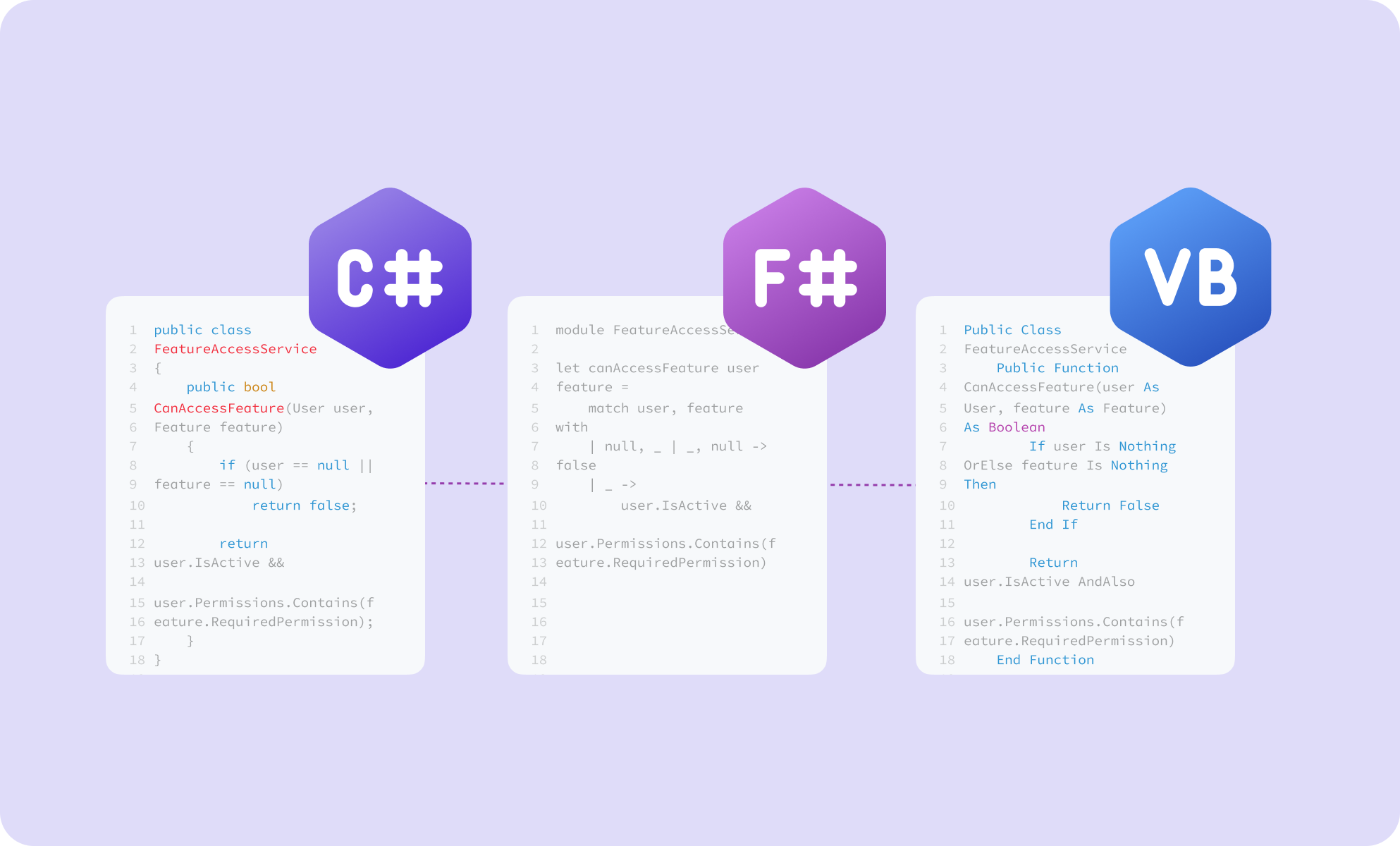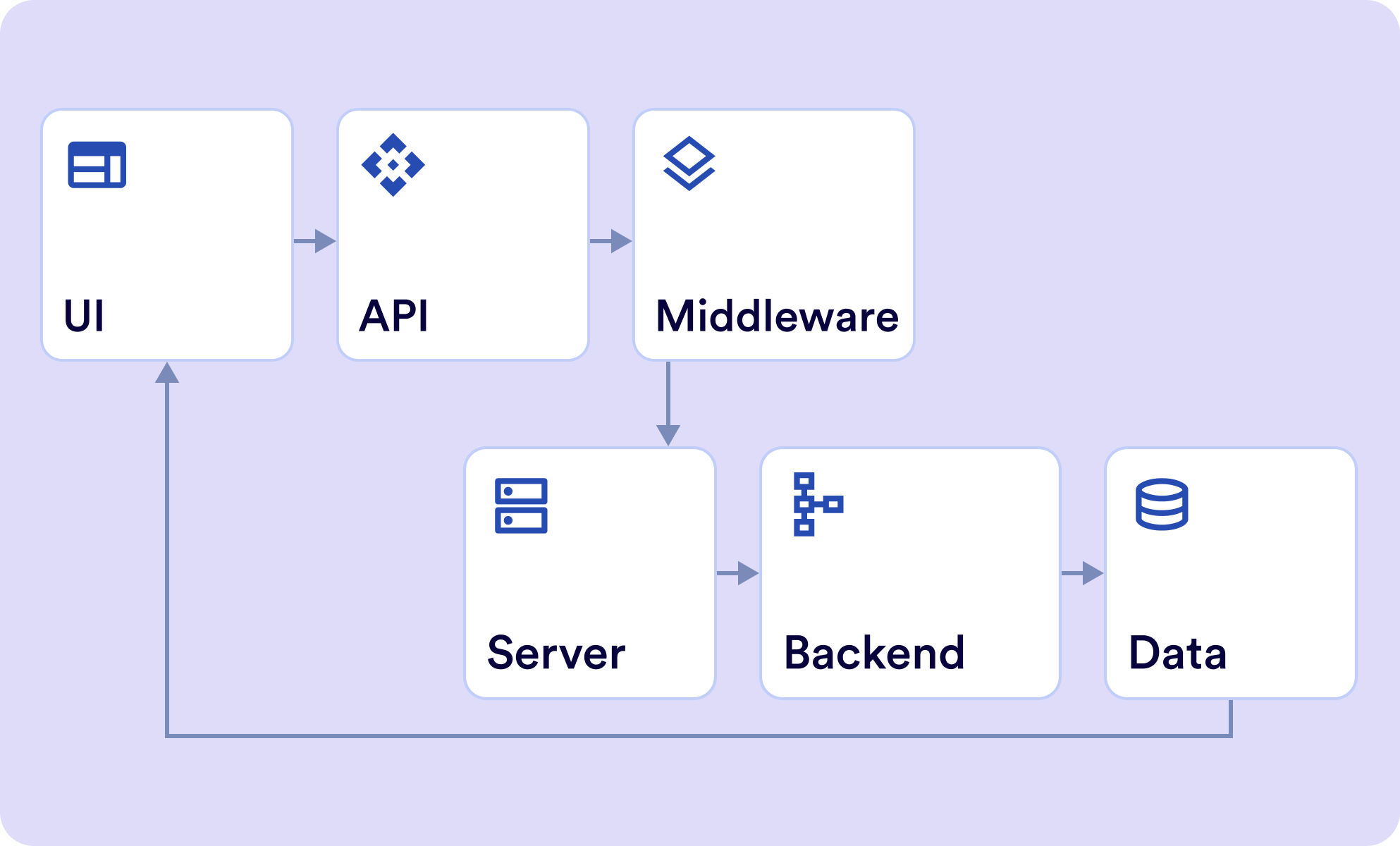Webinar: All Things AI: From “Help!” to “Order Placed” — March 10
Join the live panel
➔
eCommerce Cost Guide
Discover the true costs of ecommerce platforms in our free guide.
Success Stories
See how industry leaders succeed with Virto.
Virto & Gladcloud
Boost ecommerce with advanced marketing.














































